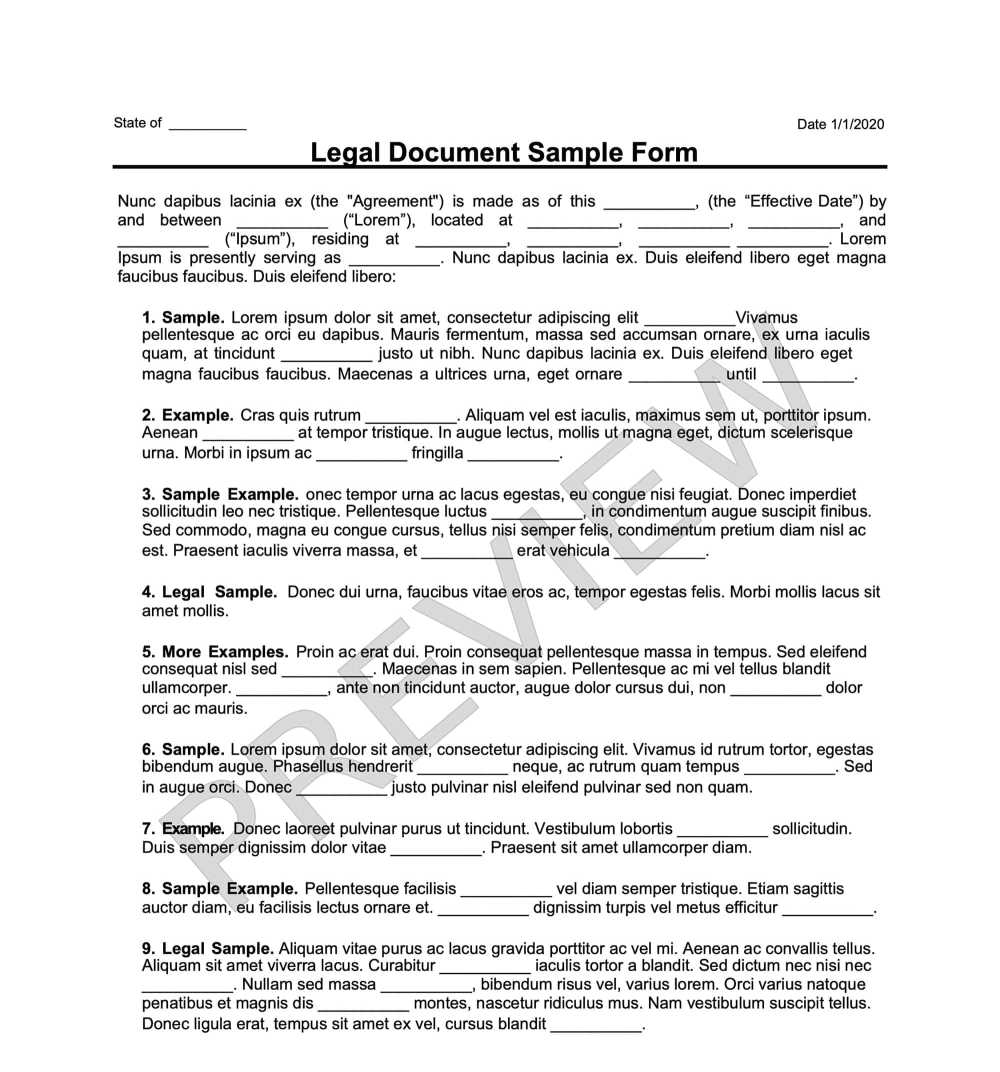Employment Contract
Using an Employment Contract ensures both the employer and the employee or contractor understand their rights and obligations.


Frequently Asked Questions
Generally, an employment contract does not need to be notarized – the parties only need to sign the document to make it legally enforceable. A witness may be helpful if the other party attempts to contest the document, but a notary is not necessary.
However, the use of a notary ensures that no one challenges any signatures later and is a secure way to firmly establish the effectiveness of your document.
Yes, if you reserve the right to do so within the contract. However, any changes must be considered reasonable and rational.
Unless you reserve the right to do so, any changes will have to be agreed upon by both parties. If you make a change and an employee continues to work for you, a court might interpret this as them agreeing to the change.
No, employers and employees need to meet certain expectations regardless of whether or not they are in a written contract. Those expectations include but are not limited to:
- Provide a secure, healthy, and safe working environment
- A mutual obligation to avoid actions that undermine the relationship of mutual trust and confidence
- An employee's obligation to obey reasonable instructions and work with due diligence
No. Each employee is treated as a separate agent. Moreover, an implied Employment Contract exists with all your employees whether you put it in writing or not. Having a written Employment Contract is a more secure way of establishing a working relationship.
Also note that you must provide, in writing, the details of a position to any hired employees within two months of them starting the job.
No. A service agreement is used to hire a service provider, not an employee. The service provider never enters your employ. Rather, they're contracted to provide a specific service.
You're certainly within your rights, and an oral contract is technically enforceable. However, proving any of the terms in a verbal agreement comes down to whose version of the story a court decides to accept. Unless you have it in writing, an employer can claim that your contract is for anything that's legally acceptable.




